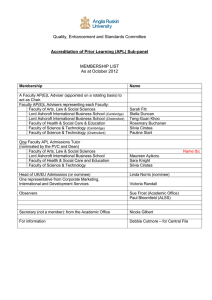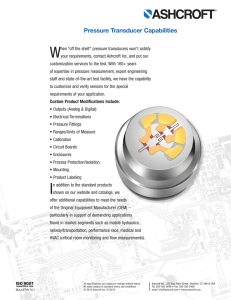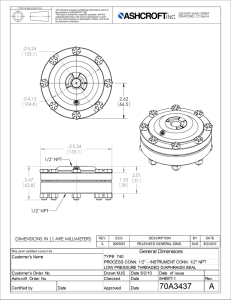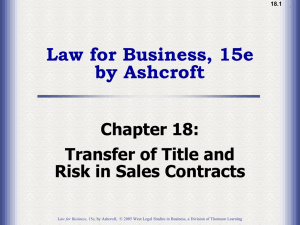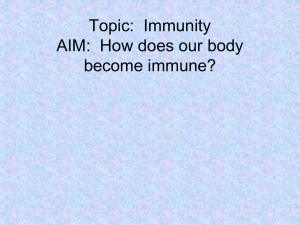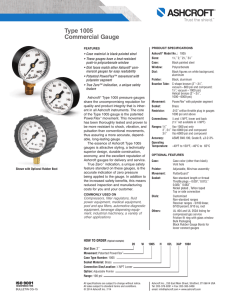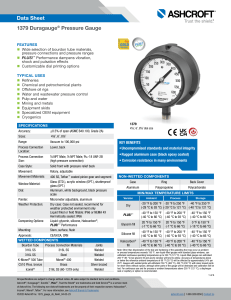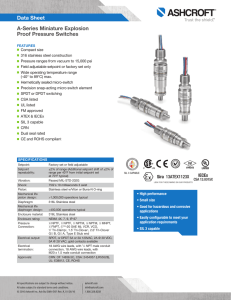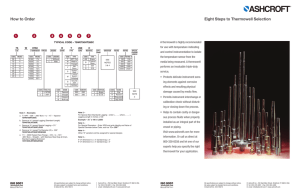Al-Kidd v. Ashcroft, 580 F.3d 949 (CIR9 2009)
advertisement
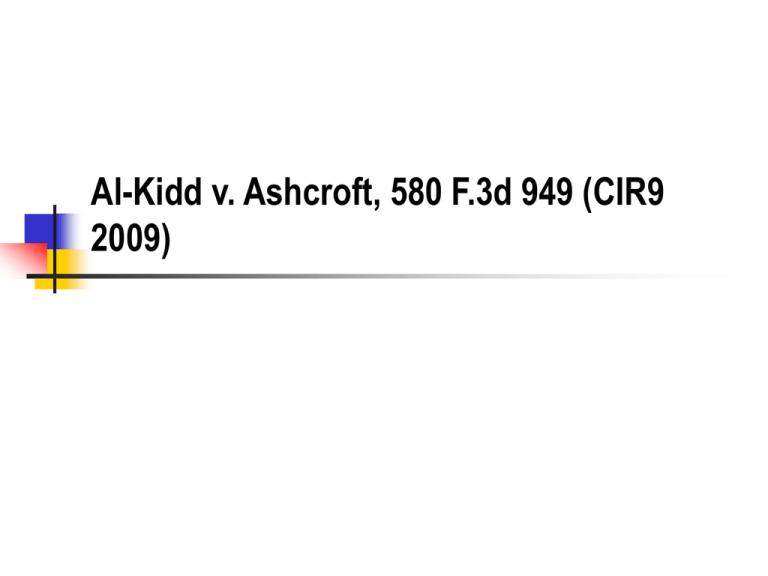
Al-Kidd v. Ashcroft, 580 F.3d 949 (CIR9 2009) The Charges What law was Al-Kidd held on? Was he personally charged or accused of terrorism? How was he treated? How long did this go on? What about after he was released from prison? Getting Past Iqbal Why did the United States Supreme Court find that Iqbal could not use Ashcroft and other high officials for this mistreatment? Why did this pose the real possibility that even if he were to sue lower level officials that they would be qualified immunity? What would be necessary to get to Ashcroft or others in DOJ? How is this like Rodney King? What was the Plan? What did Al-Kidd allege that got to Ashcroft without depending on vicarious liability? What is the key to cell for material witnesses? How do these Facts Support Al-Kidd's Case that His Confinement was Pretextual? Al-Kidd’s arrest was sought a month after Al-Hussayen was indicted, and more than a year before trial began, temporally distant from the time any testimony would have been needed. The FBI had previously investigated and interviewed al-Kidd, but had never suggested, let alone demanded, that he appear as a witness. The FBI conducted lengthy interrogations with al-Kidd while in custody, including about matters apparently unrelated to Al-Hussayen’s alleged visa violations. Al-Kidd never actually testified for the prosecution in Al-Hussayen’s or any other case, despite his assurances that he would be willing to do so. Ashcroft’s immediate subordinate, FBI Director Mueller, testified before Congress that al-Kidd’s arrest (rather than, say, the obtaining of the evidence he was supposedly going to provide against Al-Hussayen) constituted a “major success[ ]” in “identifying and dismantling terrorist networks.” Should there be Immunity? Why no absolute (prosecutorial) immunity? What about qualified immunity? Ashcroft alternatively contends that if we conclude that the use of material witness orders for investigatory purposes violates the Constitution, we should still grant him qualified immunity because that constitutional right was not “clearly established” in March 2003, when al-Kidd was arrested. How does the duration and nature of the confinement undermine this claim? The Dissent "This case raises the question whether a person whom a prosecutor can rightly arrest under a statute becomes wrongly arrested if the prosecutor’s purpose in arresting him had nothing to do with the statute." What does the dissent mean? Would this have made more sense one month into the confinment?
